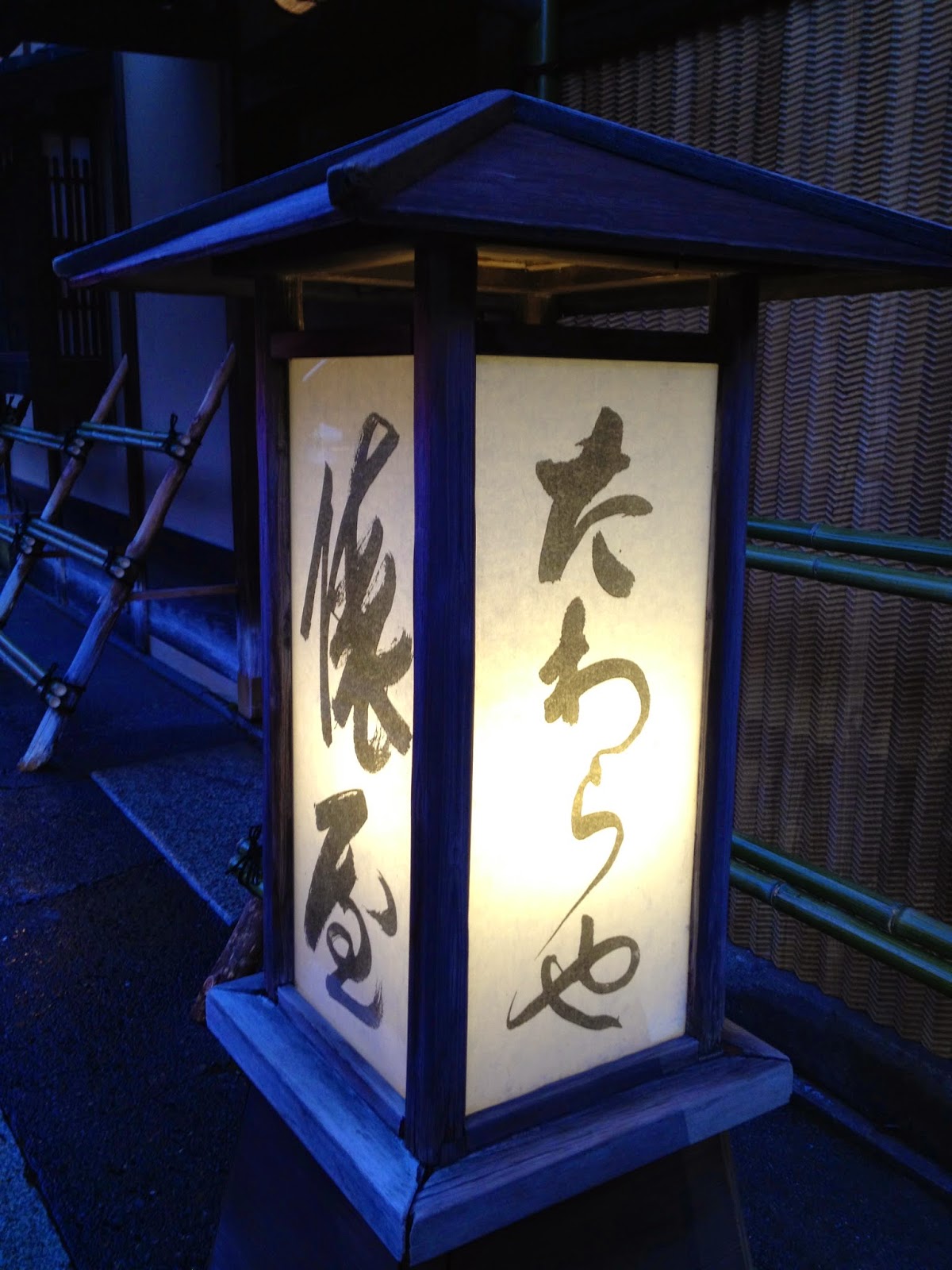An Afternoon at the Metropolitan Opera House

This past Saturday, I accompanied my mother to the opera. Actually, my dad was supposed to go, but he had to see patients, so I was a last minute stand in. No matter. Mom and I has a marvelous afternoon of being super classy at the opera. What did we see? One of Giueseppe Verdi's masterpieces: La Traviata.
and the crowds start to fill in
Since the Met's budget has been cut, their productions have become less elabroate. Gone are the days where Franco Zeffirelli wowed audiences with his over the top and glamorous sets. Zeffierelli's sets were magical in that he transported the audience to wherever the opera was set. Bohemian Paris? Imperial China? Zeffirelli is a true visionary. I have to say...I really miss those days...
Nowadays, the Met is trying to save money by creating less elaborate sets, yet still trying to remain creative. Instead of setting plots in their actual time frames, recently, the Met has been setting operas in more contemporary times. I don't know how I feel about this... Call me a traditionalist, but these modern sets just aren't doing it for me.
This very modern and simple set reminds me of German Expressionism
The audience is waiting eagerly
I love the chandeliers at the opera house
For those who may not be familiar with the plot of La Traviata, I have provided a summary below, which I have taken from the Metropolitan Opera website. Sorry it is so long!
ACT I. In her Paris salon, the courtesan Violetta Valéry greets party guests, including Flora Bervoix, the Marquis d'Obigny, Baron Douphol, and Gastone, who introduces a new admirer, Alfredo Germont. This young man, having adored Violetta from afar, joins her in a drinking song (Brindisi: "Libiamo"). An orchestra is heard in the next room, but as guests move there to dance, Violetta suffers a fainting spell, sends the guests on ahead, and goes to her parlor to recover. Alfredo comes in, and since they are alone, confesses his love ("Un dì felice"). At first Violetta protests that love means nothing to her. Something about the young man's sincerity touches her, however, and she promises to meet him the next day. After the guests have gone, Violetta wonders if Alfredo could actually be the man she could love ("Ah, fors'è lui"). But she decides she wants freedom ("Sempre libera"), though Alfredo's voice, heard outside, argues in favor of romance.
ACT II Some months later Alfredo and Violetta are living in a country house near Paris, where he praises their contentment ("De' miei bollenti spiriti"). But when the maid, Annina, reveals that Violetta has pawned her jewels to keep the house, Alfredo leaves for the city to settle matters at his own cost. Violetta comes looking for him and finds an invitation from Flora to a party that night. Violetta has no intention of going back to her old life, but trouble intrudes with the appearance of Alfredo's father. Though impressed by Violetta's ladylike manners, he demands she renounce his son: the scandal of Alfredo's affair with her has threatened his daughter's engagement ("Pura siccome un angelo"). Violetta says she cannot, but Germont eventually convinces her ("Dite alla giovine"). Alone, the desolate woman sends a message of acceptance to Flora and begins a farewell note to Alfredo. He enters suddenly, surprising her, and she can barely control herself as she reminds him of how deeply she loves him ("Amami, Alfredo") before rushing out. Now a servant hands Alfredo her farewell note as Germont returns to console his son with reminders of family life in Provence ("Di Provenza"). But Alfredo, seeing Flora's invitation, suspects Violetta has thrown him over for another lover. Furious, he determines to confront her at the party.
At her soirée that evening, Flora learns from the Marquis that Violetta and Alfredo have parted, then clears the floor for hired entertainers - a band of fortune-telling Gypsies and some matadors who sing of Piquillo and his coy sweetheart ("E Piquillo un bel gagliardo"). Soon Alfredo strides in, making bitter comments about love and gambling recklessly at cards. Violetta has arrived with Baron Douphol, who challenges Alfredo to a game and loses a small fortune to him. Everyone goes in to supper, but Violetta has asked Alfredo to see her. Fearful of the Baron's anger, she wants Alfredo to leave, but he misunderstands her apprehension and demands that she admit she loves Douphol. Crushed, she pretends she does. Now Alfredo calls in the others, denounces his former love and hurls his winnings at her feet ("Questa donna conoscete?"). Germont enters in time to see this and denounces his son's behavior. The guests rebuke Alfredo and Douphol challenges him to a duel.
ACT III. In Violetta's bedroom six months later, Dr. Grenvil tells Annina her mistress has not long to live: tuberculosis has claimed her. Alone, Violetta rereads a letter from Germont saying the Baron was only wounded in his duel with Alfredo, who knows all and is on his way to beg her pardon. But Violetta senses it is too late ("Addio del passato"). Paris is celebrating Mardi Gras and, after revelers pass outside, Annina rushes in to announce Alfredo. The lovers ecstatically plan to leave Paris forever ("Parigi, o cara"). Germont enters with the doctor before Violetta is seized with a last resurgence of strength. Feeling life return, she staggers and falls dead at her lover's feet.
The highlight of this opera was definitely seeing the world renowned tenor and conductor Placido Domingo. I have been fortunate enough to see Domingo a few times, but each time, I am always blown away. He is such an amazing talent! Domingo played the role of Alfredo's father and he was wonderful. His acting was sincere and heartfelt, whilst his singing was superbly emotional. He was definitely the best part of the opera. I consider myself incredibly lucky to have been able to see him perform once more!
Curtain Call. (Sorry it's so white washed)
Overall, a delightful afternoon. Sure, I'll admit, opera is not my first choice with regards to how I would choose to spend a Saturday afternoon, but it enjoyed myself. It was also nice being able to spend time with my mom.











Comments
Post a Comment